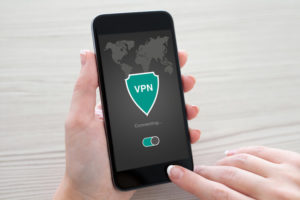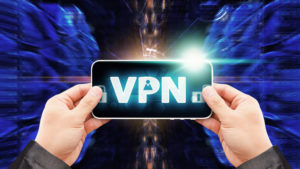
In today’s context, Virtual Private Networks have turned into an essential gadget for accessing the internet or seamlessly streaming online content using your PC or laptop.
If you have regular internet connectivity in your home or office, the service provider has installed a Wi-Fi modem through which you are able to enjoy the services.
The VPN is no substitute for your modem, but it acts as a gatekeeper and serves to protect you as well as to offer you a host of benefits.
Here are some of the pros of having a VPN:
Your ISP Can’t Fiddle with Connectivity Speed
Most providers of internet services, whether in the U.S. or elsewhere, design their monthly packages around the data usage and speed of the connection. You will need both if you want to load pages quickly with your connection.
If you enjoy using online streaming platforms like Netflix, you’ll need a strong internet connection to do so. Otherwise, the stream may slow down your system—the video will either stop playing or will keep buffering.
You could get frustrated and wish you had tried another ISP. But you can be sure that all ISPs generally offer the same quality of service to all their customers.
A VPN addresses this issue directly and does not allow the slowdown to occur so you can continue to enjoy your movie or serial series on Netflix and other such video streaming services. (Note: The data usage limits will still apply and it is for you to keep note on the amount of data your programs are consuming.)
On similar lines, if you use your PC or laptop for playing games and the game developer sends you periodical updates, the ISPs will tend to stop you from downloading and opening them if they are heavy files in the BitTorrent format and consume huge data.
Your VPN can help you download BitTorrent files and extract contents hassle-free.
Avail Location-Bound Services Without Difficulty
You may have encountered this problem before: You want to browse a site or make a purchase from a site not in the country of your location, and the message you get on the screen is that the content is not available in your country.
This happens when you do not have a VPN connected to your system. Here, the benefit of using a VPN is that it camouflages your IP address so that the site at the other end will not know where you are accessing the site from.
Again, even a regular site you would access in your country could be barred when you are travelling overseas and accessing it from there.
If you are still wondering how this is feasible, a good VPN provider would have servers in many countries and the site you are visiting will only be able to see an IP address that is directed from the nearest server, giving the impression that you are present in that particular country.
Having a VPN Means Increased Anonymity and Security

As already indicated, the main appeal of a virtual private network is that it is private, in the sense that the moment you log onto the internet, your actual IP address gets encrypted and what is visible on the other side—irrespective of which website you visit—will be quite different from it.
This means that your system is virtually insulated from the outside and no hacker or other snoopy character can locate and penetrate your system.
If you are engaged in activities that require you to maintain confidentiality, like investigative journalism, a VPN is the perfect answer.
Additionally, many cyberattacks have been mounted exploiting the vulnerability in the Wi-Fi routers supplied by ISPs. Having a VPN installed ensures this is also taken care of.
There are other direct and indirect benefits of subscribing to a VPN service. But you must first make sure you have the best one in your territory before signing up.
